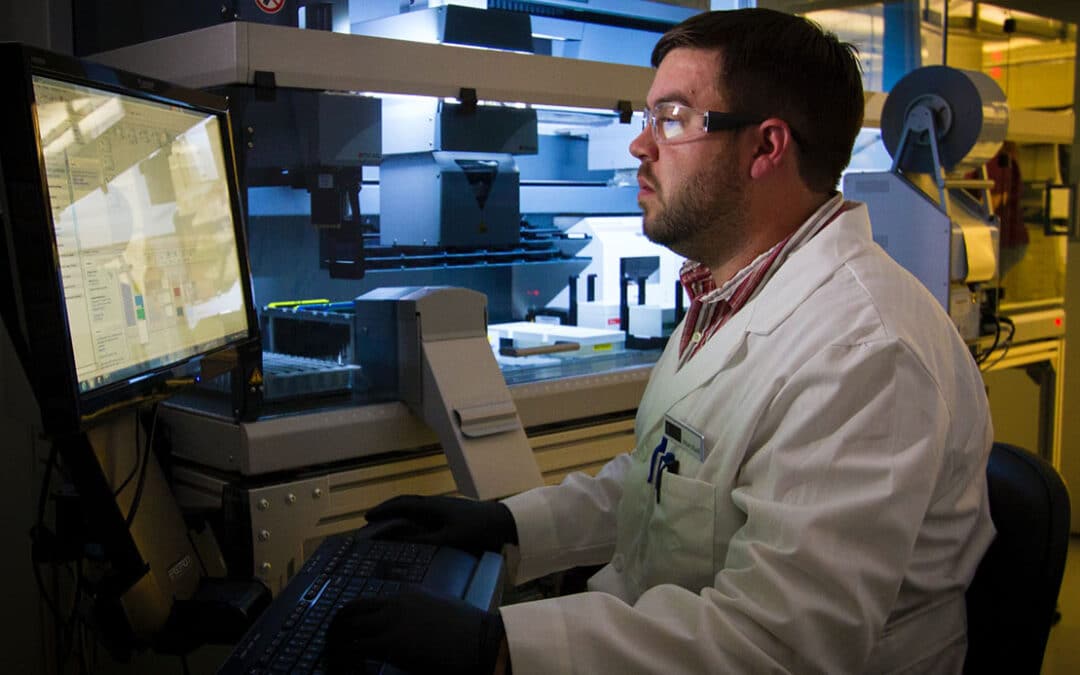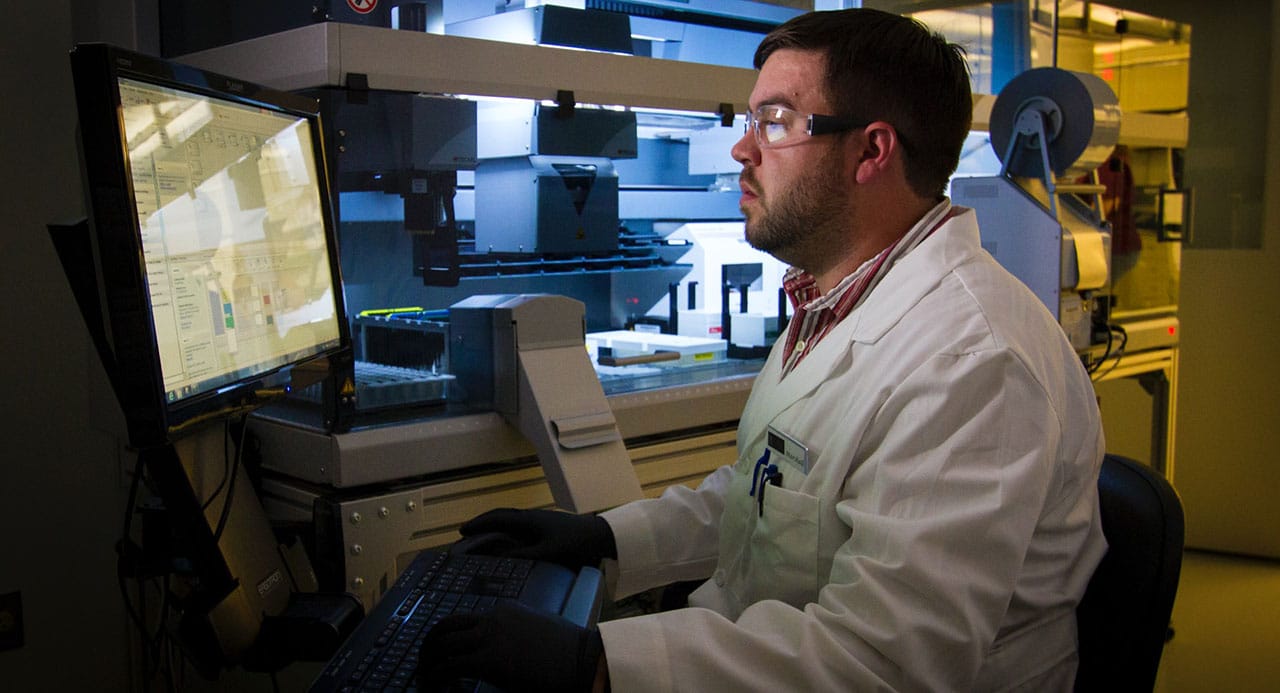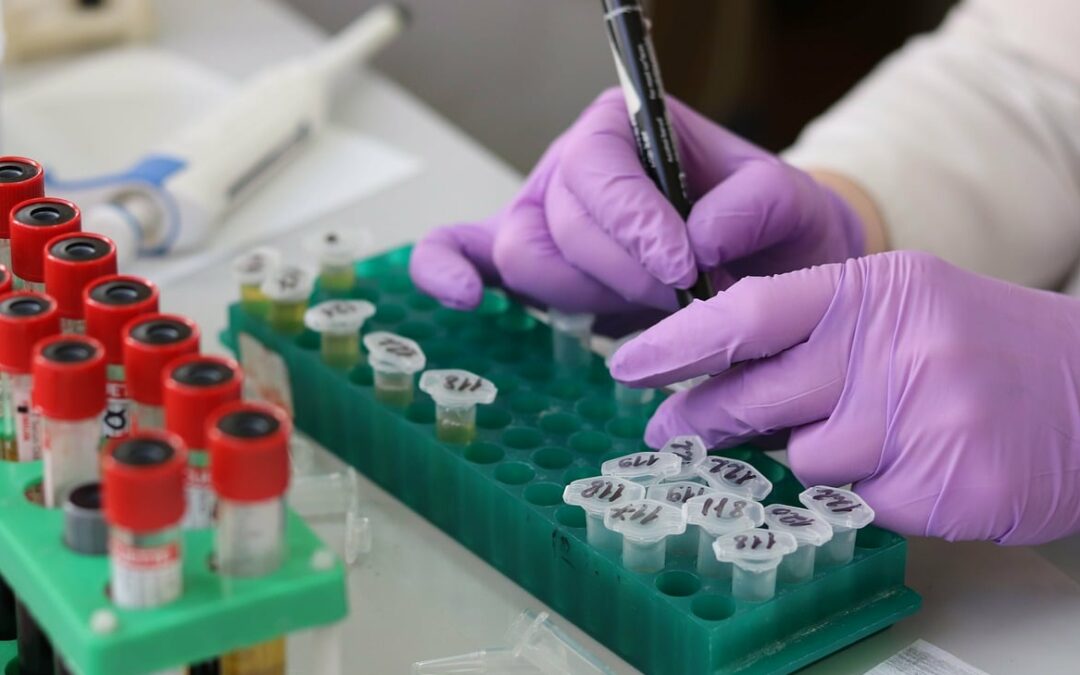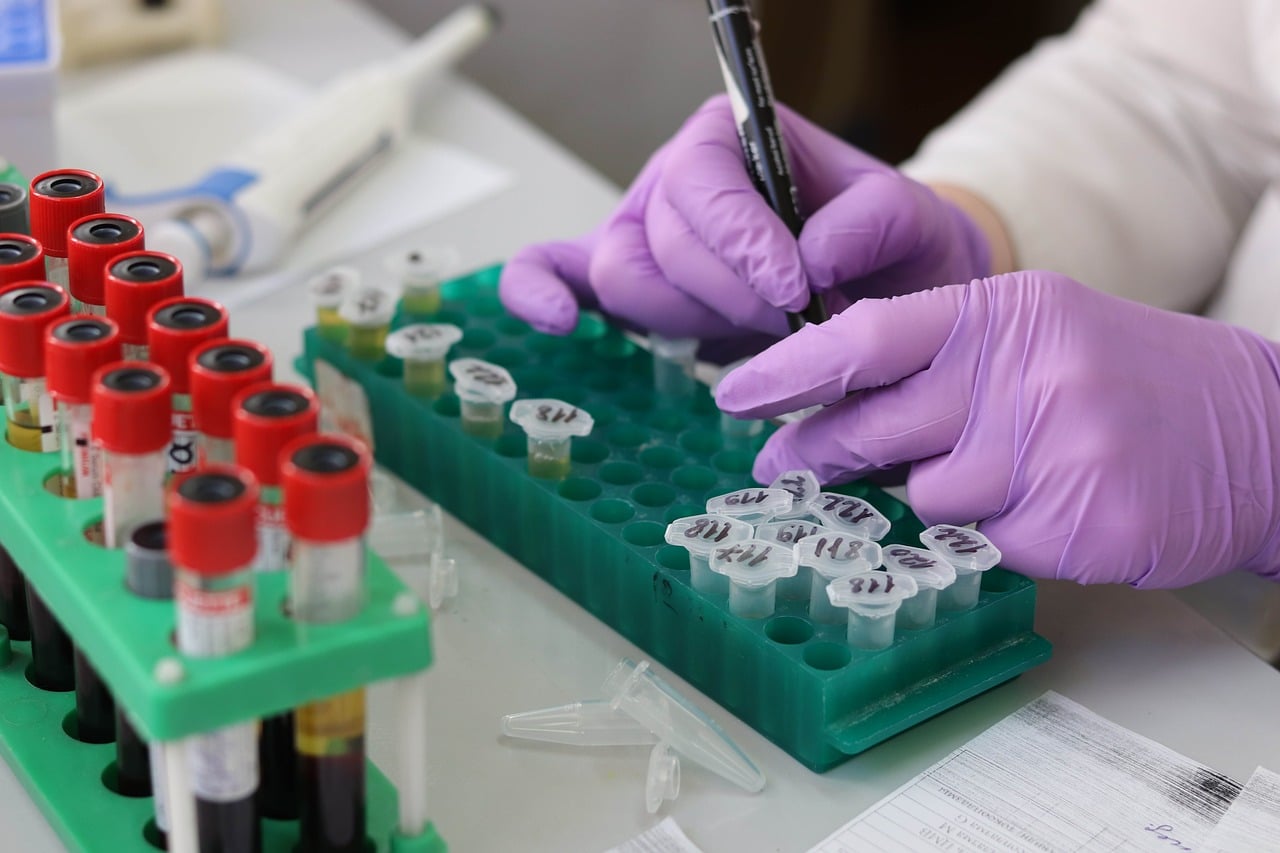
DEA Backs White House Plan To Research Cannabis, Psychedelics

The Drug Enforcement Administration (DEA) and National Institute On Drug Abuse (NIDA) say they are in favor of a White House proposal to streamline the process of researching Schedule I drugs like marijuana and certain psychedelics.
The agencies testified at a House Energy and Commerce subcommittee hearing on Thursday, expressing support for the Office of National Drug Control Policy (ONDCP) research plan. While the focus of the meeting was mostly on a controversial move to strictly classify fentanyl-related substances, the Biden administration proposal’s research components would also help address concerns within the scientific community about the difficulty of studying other Schedule I drugs.
DEA said in written testimony that “expanding access to Schedule I research is a critical part of DEA’s mission to protect public safety and health.”
“It is critical that the scientific and medical community study Schedule I substances, as some may turn out to have therapeutic value,” DEA Principal Deputy Administrator Louis Milione said. “DEA supports the administration’s legislative proposal’s expansion of access to Schedule I research. DEA looks forward to continuing to work with the research community and our interagency partners to facilitate Schedule I research.”
In general, what the administration is proposing is to align the research requirements for Schedule I drugs with those of less-restricted Schedule II drugs. Scientists and lawmakers have consistently pointed out that the existing rules for studying Schedule I controlled substances are excessively burdensome, limiting vital research.
Rather than having each scientist involved in a Schedule I drug study obtain DEA registration, ONDCP wants to make it so multiple researchers at a given institution would be allowed to participate under a single registration. The administration also proposed a policy change where a research institute with studies taking place over multiple locations would only require one overall registration instead of needing to have a specific one for each site.
Another change would allow certain researchers to move ahead with conducting their studies after submitting a notification to the Department of Justice instead of waiting for officials to affirmatively sign off on their proposals. ONDCP’s plan would also waive the requirement for additional inspections at research sites in some circumstances and allow researchers to manufacture small amounts of drugs without obtaining separate registrations. The latter component would not allow cultivation of marijuana, however.








